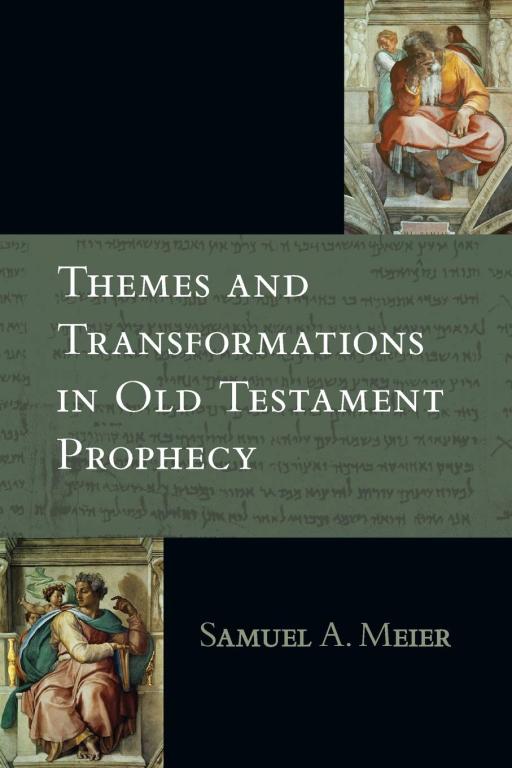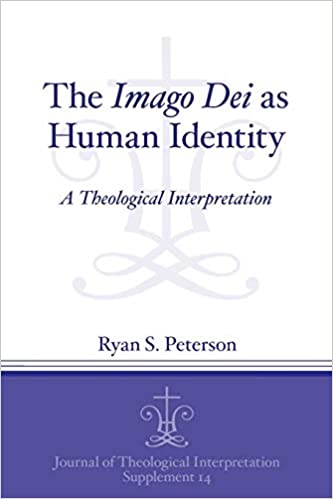Cutting Off of Days
When does the murder of Abel happen? We’ve seen from details in the context that it likely took place after a community has sprung up around the entrance of Eden. It seems reasonable to speculate that it took place shortly before the birth of Seth. More specifically, though, Genesis 4:3 says that Cain and Abel brought their gifts to Yahweh “at the cutting off of days.” English translations usually read “in the course of time,” or something similar, but the Hebrew could instead indicate to us a definite point of time, probably a time of year.
The word for “end,” qets, is etymologically related to qtsts, “to cut or trim,” which is likely related to qatsir, meaning “harvest” and qtsr, which means “cutting or reaping.” Therefore, most likely this is referring to the “cutting off” or end of the year at harvest time. The Israelite feast at the end of the agricultural calendar year is “in-gathering” (Exodus 34:22), which gets subsumed into the Feast of Booths (Deuteronomy 16:13), ten days after the Day of Atonements (Leviticus 23:26, 33).
Obviously the festal calendar is not full formed here as it is in Leviticus. But God set the ruling lights of the 4th day in place to mark “festival times,” and he has already established a holy day of rest on the 7th day (Genesis 1:14; 2:3). From this we are safe in supposing that Adam and his children observed some kinds of set times for offering and worship.
Either a prototypical Firstfruits or an Ingathering festival setting will fit our story, in which Cain brings of his harvest of the ground, and wording of “the cutting off of days” presses us to the conclusion that an end-of-harvest festival is the chronological setting.
So far, we have established the probability that Cain and Abel, two firstborn of a growing Adamic clan bring gifts at the harvest-end festival. If this is the case, then they would not be the only ones present at the offering of gifts. Rather, they would be acting in the role of priestly representatives of the community, offering on behalf of the people.
Gifts Received and Rejected
Cain’s gift is a harvest of the ground; Abel’s is the firstborn of the flock with its fat portions. Cain offers first, and then Abel “also brought” his gift. This is an important clue that we will consider shortly.
Yahweh looked on Abel and his gift, but on Cain and his gift he did not look. The idea we get is that God would not even countenance Cain or his offering. Why does God reject Cain? Commentators have proposed a number of explanations:
- Abel’s heart was right, and Cain had a heart problem.
That this is a matter of the heart is clearly true as far as it goes. Yahweh looks not only on Abel’s gift, but upon Abel. God receives Abel himself, along with the gift he brings. But, by the same token, there must be more to it, since we can just as easily note the opposite: that Yahweh looks not only on Abel the person, but also upon his gift! There is something about Abel’s gift that is congruent with his piety toward God, while Cain’s gift is likewise congruent with his impiety. - Abel brought the best he had, while Cain did not.
Abel brings “from the firstborn of his flock and from their fat portions,” while the portion of Cain’s harvest is unspecified. Is this a problem? We are getting closer, but not entirely hitting the mark, I think. The agricultural equivalent of Abel’s “firstborn” would be Cain’s “first fruits.” But if this is “in-gathering” then that is not necessarily a factor. There are no first fruits at the end of harvest.
But while it may be unfair to expect Cain to offer first fruits here, it is likely, however, that the textual emphasis on Abel bringing the firstborn of the flock tells us something. A firstborn lamb is offered to redeem a firstborn son (Exodus 13:13). By including this detail, the text hints to us that Abel is the real (i.e. spiritual) firstborn of the two brothers, even though Cain is biologically older. This conforms to the biblical theme of the younger brother supplanting the elder, especially among twin pairs. - Abel brought a blood offering, while Cain did not.
Ah, now we are getting really close. Blood is required for atonement (Hebrews 9:22). This is a truth that we learn throughout Scripture, and which other nations also knew implicitly. Many who propose this explanation of Cain’s rejection further suggest that Cain should have brought a blood offering first, after which his grain offering would have been acceptable. Instead, Cain brings the fruit of his own labors rather than an offering of mediatorial blood. Perhaps there is even already an indication of Cain’s estrangement from his brother since he would not barter produce for a lamb.
I believe there is some truth to this, as with the previous explanations. Forgiveness of sin is through the blood of a substitute, after which a harvest offering is perfectly acceptable. But is that offering of blood here expected from Cain? Not necessarily. Read on.
My alternative explanation combines elements of the three explanations above: Abel should have offered first, and then Cain after him. Remembering the context of our setting, this makes the most sense. Cain is a worker of the ground; Abel a keeper of sheep. Cain and Abel are the two eldest brothers within the Adamic community, and are in many ways equals, especially if they are twins. They are bringing their gifts at the end of harvest festival. In the sacrificial system, the lamb is offered first, and then the fruit of the ground (Leviticus 1 & 2). This is the order of offerings in all cases, and particularly those of the Feast of Booths at in-gathering (Numbers 29:12-40).
But Cain offered first, before Abel. If, as the two eldest sons of the Adamic clan, they were offering on behalf of the corporate community, then in the proper order Abel should have been the one to first offer the lamb, and then Cain’s offering would have been acceptable. But Cain, insisting on his own priority as firstborn, presses ahead and offers first, before Abel his brother. Therefore, God does not look upon Cain’s gift, which is inappropriate not only in sequence but also in attitude. Instead, he looks upon and receives Abel’s gift.
We’re not told how Yahweh indicated that he had accepted Abel’s gift and rejected Cain’s. But if we remember that offerings go through fire and sword to enter into God’s presence, we can speculate that Abel’s gift was consumed by Yahweh’s flaming sword while Cain’s was left untouched (cf. Judges 6:21-23).
When someone rejects a personal gift, that can be an embarrassment and a cause for shame. A corporate gift rejected by the deity is all of that, but even more importantly constitutes a community crisis. Cain’s birthright priority, rather than being established, has now been undermined, as he has been publicly shown to be unworthy of the priestly office. In fact, as we will see, after Abel’s death this event leads to the cessation of community worship until the birth of Seth’s son, Enosh (Genesis 4:26).
The stage is set, the murderer motivated. In the third and final part we’ll look at the crime itself. . . .












